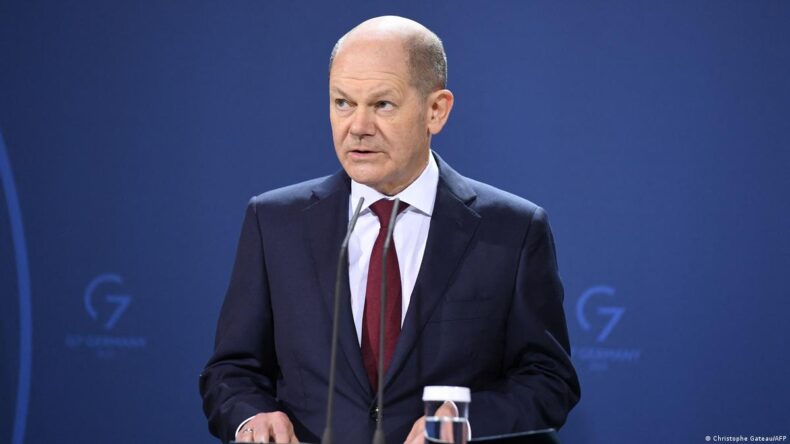Germany finds outsourcing of skilled labour from India as an option to revive its economy. Olaf Scholz, the chancellor of Germany is focused on easing the immigration laws for Indian labour.

The chancellor clarified that the demographic condition and growing economy of Germany urge it to import skilled labour to integrate them into one labour market.
Germany is currently short off labour due to the ageing population. Every year Germany suffers an 85 dollars loss due to the scarcity. Germany will lose 3 million workforces by 2035 and as many as 9 million by 2050.
There is a shortage of about 36000-38000 per year of labour and by the end of the decade, it will be 500000.
India is at the top of Germany’s mind to import skilled labour from because of its huge population and skill-centred education.
Dr Phillip Ackermann who is the German ambassador to India asserted, though the Indian diaspora in Germany is small about 20000 people, it was going to change.
He said that they have had a programme running in Kerala to train nurses and caretakers in the German language. Among them, 150 were to fly to Germany.
Germany is demanding both skilled labours as well as crafty people.
He gave an example of a group of masons who were currently being trained in Bengaluru to join in Germany and that 12 Indian men from southern States were already workers as butchers in the black forest area of Germany.
Due to the scarcity, there has been a high demand for labour leading to high wages for workers. Indian workers have been promised both decent salaries and social recognition.
One of the successful Indian-origin German academicians is Dr Joybrato Mukherjee who is the president of the German academic emergency service.
There is an in-house scarcity of qualified labour due to the ageing population. Most of the people in the country are old and can’t work.
This is the reason most European countries are increasing the retirement age, the recent example of France, wherein the govt proposed to increase the age of retirement from 62 to 64 years, leading to widespread protests across the country.
With time as a country develops, there is a transition from high births to low births due to increased cost of living as is the case obvious with Japan which is on the verge of disintegration with less population, education also leads to a low fertility rate.

The same is the case with Germany. The population is very needed to keep the country going as technology needs labour.
Due to the higher wages in Germany, 50% of the firms are cutting output due to increased costs which is a blow to the competitive nature of the German economy.
Every year, it is bearing 85 billion in loss and the problem is going to get even worse in the future.
The Pandemic has had a deep impact on it. Most of the people went home and did not make a return. However, Ukraine refugees are seen as a lifeline to German industry.
Govt has come up with two policies.
Training and immigration.
Almost every country in Europe is facing the same crisis.
India can benefit from it on a large scale. It is home to many unemployed people and it would give an impetus to the Indian economy.












